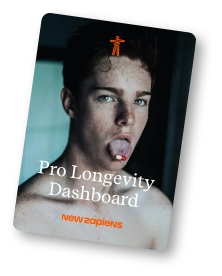Sleep influences the all-cause mortality

Time to Nap Smarter. Is sleeping too much—or too little—messing with our chances of staying spry as we age? A new study on older adults suggests that dialing in the right amount of nightly rest might play a critical role in staving off frailty.
Key facts and findings
- Study sample: Researchers analyzed data from 2,811 older adults (ages 65+) in a cross-sectional study. Right away, that’s a sizeable group for spotting trends.
- Sleep duration: Every extra hour of sleep was linked to a higher likelihood of frailty. It’s a twist on the common “get more rest” advice.
- Frailty risk factor: Participants who regularly clocked long, uninterrupted nights faced increased odds of frailty, hinting that oversleeping may be a warning sign.
- Limitations: This research doesn’t prove cause and effect—just an association. So, we’re not 100% sure if extra Z’s lead to weakness, or if underlying issues trigger both.
Additional context and expert insight
Why does this matter? As we age, muscle loss and decreased mobility can snowball into serious health problems. According to Dr. Kim Parker, a geriatrics specialist (not involved in the study), “Sleep patterns often reflect overall health—balancing rest is key.” In other words, bedtime routines might be more than just a personal preference; they could be an indicator of our aging trajectory.
Looking ahead
Going forward, researchers will dig deeper into how daily habits—like exercise, diet, and even stress—interact with sleep to influence frailty. For now, keep tabs on how you feel after different amounts of sleep. If you’re consistently sluggish or achy upon waking, consider checking in with a healthcare pro. A bit of fine-tuning in your nightly routine could help keep you stronger, longer.
References
Author: Fabian Peters
Nature lover, health enthusiast, managing director and editorial director of the health portal Heilpraxinet.de




